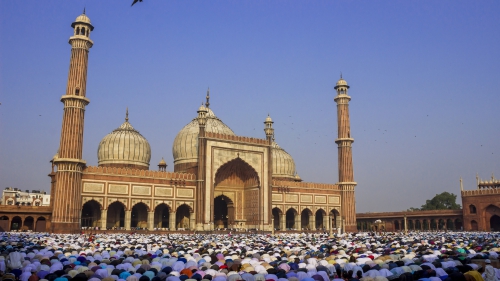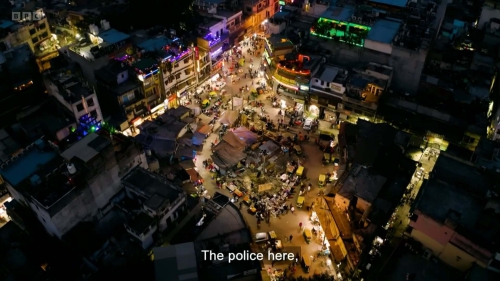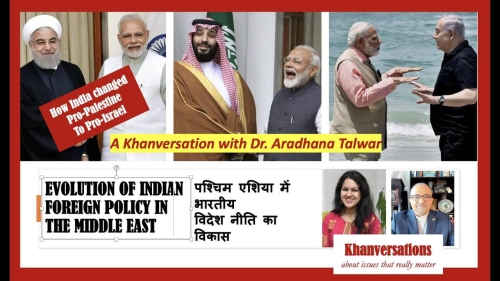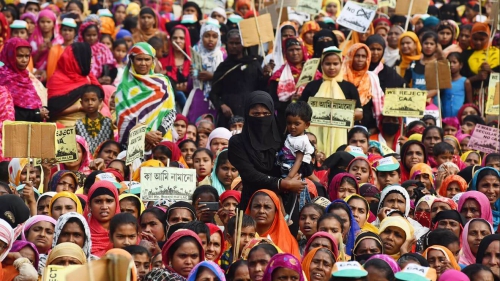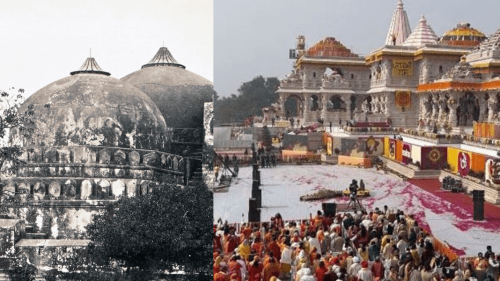Delhi Diary: Struggle for Muslim female representation in Indian Parliament



Muslim women constitute 6.5 percent of India's population and are the most under represented of segments of Indian society, with only three members in the Parliament.
Keeping this pathetic situation in mind, the Movement for Empowerment of Muslim Indians, an apolitical and secular organization, recently organized a press conference in New Delhi to press its demand for a four percent quota for Muslim women in the Indian Parliament as part of a proposed bill for reservation of 33 percent representation in Parliament for women in general.
Mr. Zafar Saifullah, the chairman of the movement, said, "...A sub-quota for Muslim women is also necessary...What is sought on the basis of equality is four percent quota for Muslim women out of 33 per cent (for all women)." He disclosed that there is a substantial section in the ruling coalition that is supportive of sub-quotas for other backward classes and minorities.
Mr. Syed Shahabuddin, ex-MP, said, "Constitution does not bar quota on the basis of religion or caste. In Kerala and Manipur states, there is quota for Muslims, why not in other parts of the country?" He stated that even feminist groups and rights activists are opposed to the bill as it would benefit only those women who are associated with politics or close to politicians.
Mr. Muhammad Afzal, ex-MP, said, "When the Mandal Commission recommended quota for backward classes, we were assured of sub-quota; but it never materialized. Now we can't be cheated again."
Maulana Shafi Moonis, vice-president of the Jamaat-e-Islami Hind, said that minority women, particularly Muslim women, cannot enter Parliament without reservation. Ms. Safia Iqbal, member of the All India Muslim Personal Law Board, expressed sorrow that Muslim women are the most suppressed and deprived sections: "They are not guaranteed their Islamic rights. In the Shahbano case, every political party had called for opportunities for Muslim women, now it is the time for implementation."
The level of literacy and education being the lowest among the Muslim women, their representation in public and private employment is marginal. They are conspicuous by their absence in national institutions. Very few Muslim women have been legislators at the state or central level. No Muslim woman is an office bearer in any national party.
A national consensus is emerging for provision of social justice and empowerment of weaker sections and the disadvantaged.
If the quota for Muslim women in government is not earmarked, women belonging to the upper castes will surely utilize the general quota. In addition, the representation of the Muslim community, which stands at five percent against 12.5 of the population, will go down further to three or 3.5 percent because political parties are reluctant to nominate Muslim candidates.
Related Suggestions
In accordance with Title 17 U.S.C. Section 107, and such (and all) material on this site is distributed without profit to those who have expressed a prior interest in receiving the included information for research and educational purposes.




